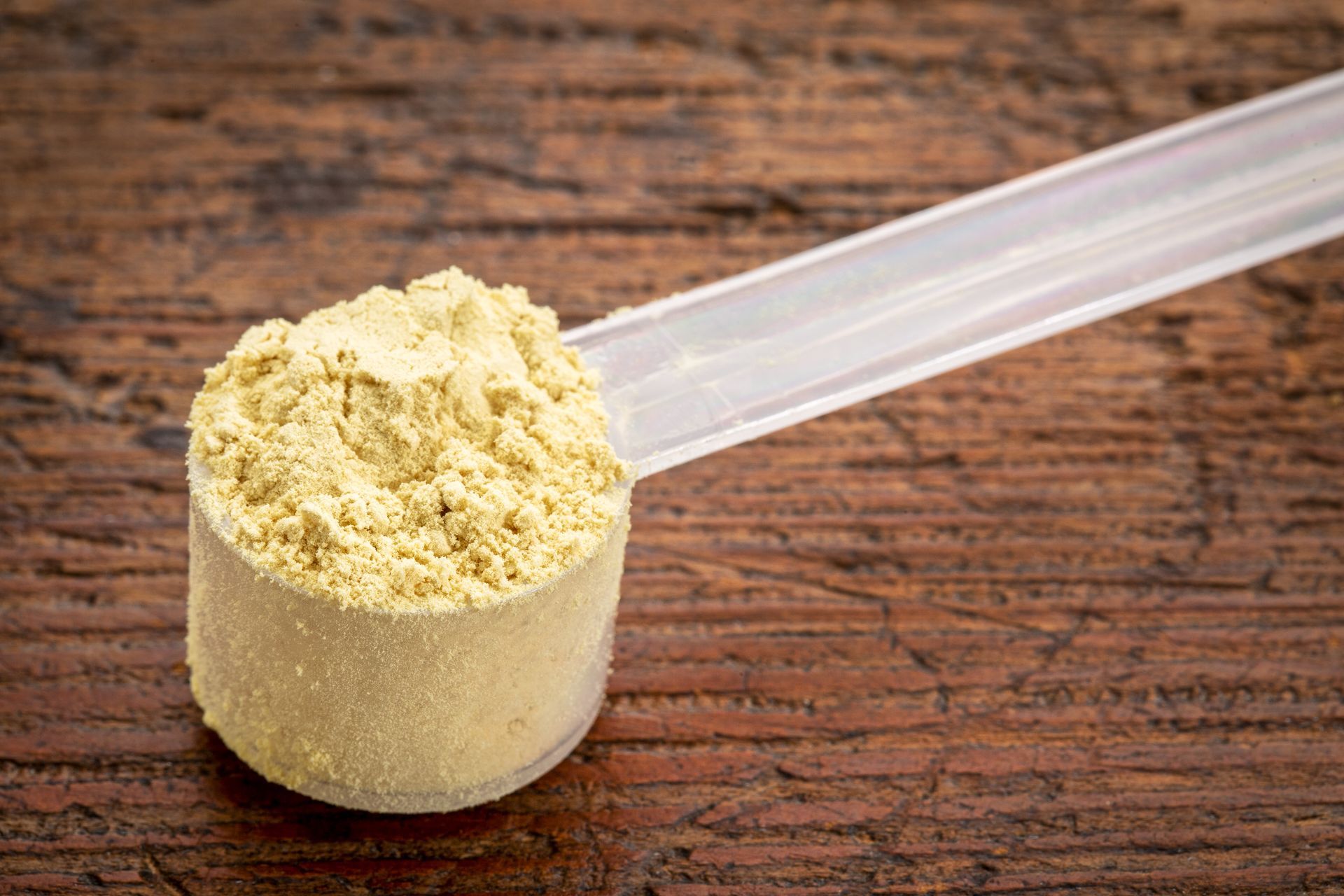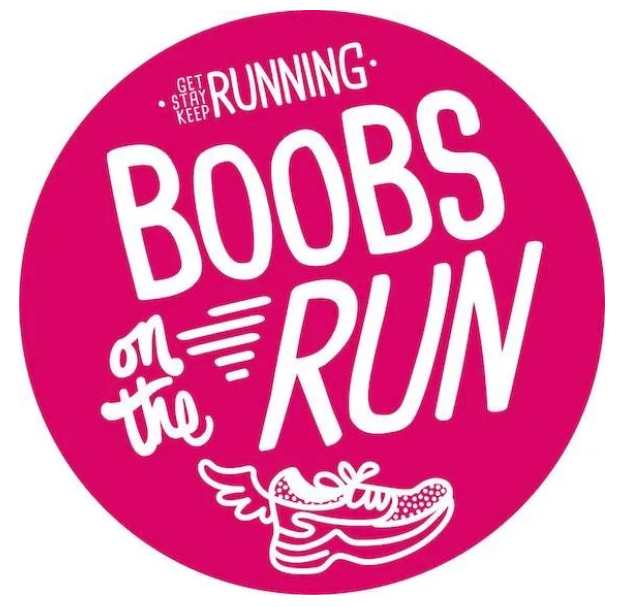
COACH’S CORNER - Creatine & Endurance by Lisa Sherman
Creatine supplementation has widely been associated with strength training, but lisa sherman explains there more to it than meets the eye.

In the past, creatine supplementation has widely been associated with strength training to help you generate more power and gain benefits such as increased muscle mass from heaving lifting and resistance training, and to improve athletic performance in high-intensity efforts such as sprints and team sports that involve repeated bursts of high-intensity efforts. It has been widely studied as a performance supplement and is considered to have strong scientific evidence for use to support or enhance sports performance.
Creatine is listed as a Grade A performance supplement under the Australian Institute of Sports (AIS) Sports Supplement Framework (1).
But what about endurance sports? Is there a role for creatine to help performance and recovery in ultra running?
Creatine is a non-essential nutrient that comes from three amino acids, found mostly in muscle cells and the brain, and also ingested through the diet, largely from animal protein such as red meat and fish. Creatine is stored as phosphocreatine primarily in skeletal muscle cells where it is used for energy production. As our body’s storage capacity for creatine is limited with muscles storing enough creatine for only 8-10 secs of maximal exercise, using creatine as a dietary supplement can increase the amount of stored creatine to improve performance in high-intensity exercise.
For endurance sports, this could translate to providing energy to support high-intensity efforts required during an event such as a surge, an uphill climb, passing another runner or a kick to the finish line.
Creatine supplementation also facilitates the uptake and retention of glycogen (the stored form of glucose) in the muscles, so when combined with increased carbohydrate intake, may provide enhanced muscle glycogen stores ready for use during an ultra or long distance event when we need energy to keep moving (2).
Creatine is also present in small amounts in our brain, where it is used to support energy production. Dietary supplementation may help improve cognitive performance and reduce fatigue, especially when sleep deprivation and increased activity and stress are a factor in reduced brain energy, as seen during ultrarunning.
Creatine may also be beneficial to promote recovery post endurance exercise due to its antioxidant and anti-inflammatory properties. During injury recovery where there may be low levels of physical activity, this results in decreased muscle creatine, strength, mass and endurance, and therefore dietary supplementation of creatine may help reduce these negative impacts and provide support to recovery.
Where possible, we should always look to a ‘food first’ approach for our nutrients, however it is hard to obtain enough creatine through your diet to increase muscle creatine to the levels required for performance benefits if that is what you feel is right for you. As creatine is primarily found in animal products, there would also be limited dietary intake for vegetarians and vegans, so supplementation may be beneficial.
Typically, the approach for creatine supplementation (in the form of creatine monohydrate, a white powder that is combined with liquid and very well absorbed), involves a loading phase followed by a maintenance phase (3). The loading phase involves either a short 5-day period of ingesting about 5g of creatine monohydrate, 4 times per day for 5 days or a longer 20-day period of 3-5g per day. This is then followed by a maintenance phase of 3-5g per day for about 4 weeks.
There is a potential drawback to this protocol for some where the increased ingestion of creatine and stored creatine in our muscles, has been associated with weight gain and increased body water however this may be mitigated by having a longer loading phase of 3g per day of creatine supplementation.
Ultimately, if you choose to use nutritional supplements, you should always consider this on an individual basis, taking into account your own needs, dietary preferences and if you see a benefit in your performance and exercise recovery. We are all individuals and what may provide benefit to some, may not be the optimal choice for others.
LISA SHERMAN IS A QUALIFIED NUTRITIONIST, ULTRA RUNNER AND RECREATIONAL RUNNING COACH, WITH A PASSION FOR HELPING WOMEN TRAIN FOR THEIR FIRST MARATHON OR ULTRA MARATHON AND TRAIL RACES IN NSW.
iF YOU WOULD LIKE MORE INFORMATION ON BEING TRAINED BY LISA, CLICK THROUGH HERE TO OUR AURA ENDORSED COACHES PAGE.
References
1. AIS Sports Supplement Framework, Creatine Monohydrate https://www.ais.gov.au/__data/assets/pdf_file/0007/1000501/Sport-supplement-fact-sheets-Creatine-v4.pdf
2. Forbes SC, Candow DG, Falk Neto JH, Kennedy MD, Forbes JL, Machado M, Bustillo E, Gomez-Lopez J, Zapata A, Antonio J (2023). Creatine supplementation and endurance performance: surges and sprints to win the race. J Int Soc Sports Nutr. 2023 Apr 25;20(1):2204071. J Int Soc Sports Nutr 2023 Apr 25;20(1):2204071. doi: 10.1080/15502783.2023.2204071
3. AIS Sports Supplement Framework, Creatine Grade A https://www.ais.gov.au/__data/assets/pdf_file/0013/1001380/Creatine-InfographicFINAL.pdf










